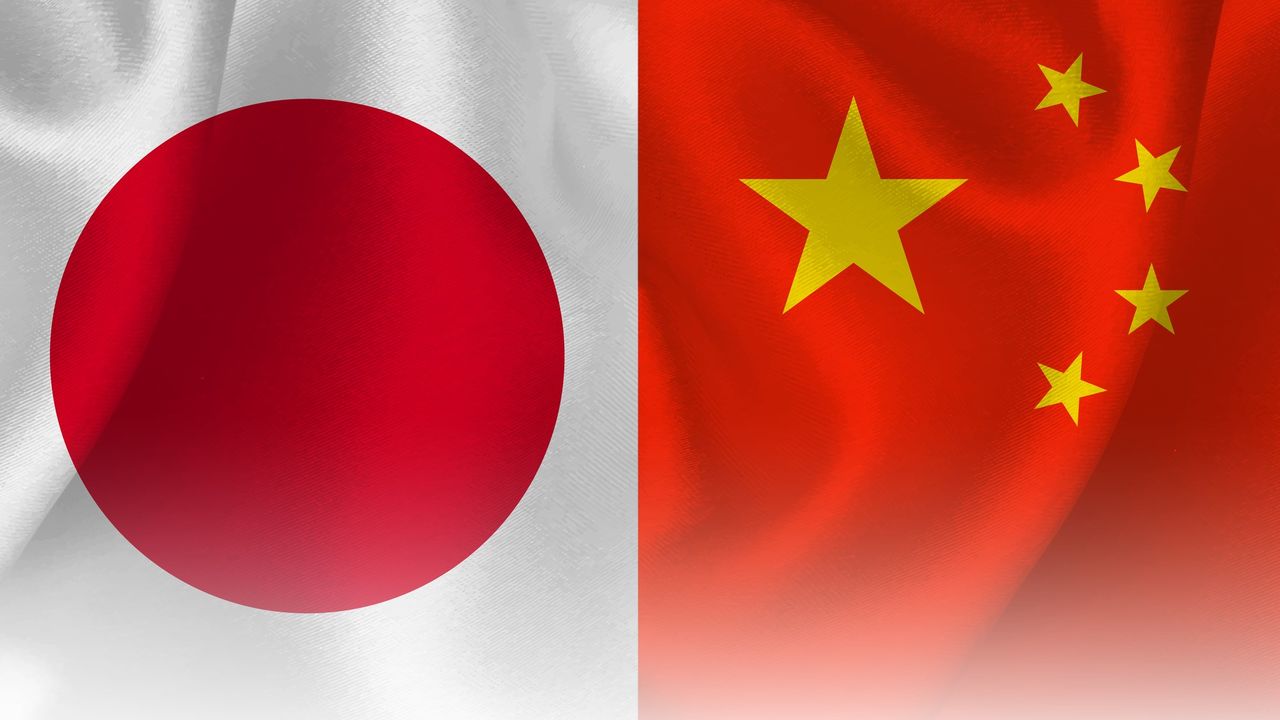China Issues Travel Warning for Citizens Visiting Japan Amid Taiwan Tensions

China has advised its citizens against traveling to Japan amid escalating diplomatic tensions triggered by remarks from Japanese Prime Minister Sanae Takaichi concerning Taiwan.
Takaichi, who made history as the first woman to lead the Japanese government last month, stated in parliament on November 7 that Japan may consider military action in response to any aggression against Taiwan, which Beijing claims as part of its territory.
Following her comments, diplomatic exchanges between Beijing and Tokyo turned contentious; China summoned the Japanese ambassador to express its discontent, while Japan called in the Chinese ambassador after a controversial online post by the Chinese consul general in Osaka.
Although Takaichi’s remarks were interpreted as a potential indication of Japanese military involvement should Taiwan face an attack, the Japanese government reiterated that its position regarding Taiwan remains unchanged, emphasizing its commitment to the 1972 joint statement that acknowledges the "One China" policy.
On Friday, the Chinese embassy in Tokyo issued a warning via the WeChat app, stating: "Recent provocative remarks by Japanese leaders regarding Taiwan have severely harmed the atmosphere of exchanges between our peoples."
The statement further noted that the current situation poses "serious risks to the personal safety and lives of Chinese citizens in Japan," urging citizens to refrain from traveling to Japan in the near future.
Beijing maintains that Taiwan, which was under Japanese rule until 1945, is part of its territory and does not dismiss the possibility of using force to assert control. Despite being significant trading partners, historical mistrust, regional rivalry, and military expenditures continue to challenge their relationship.
Last week, Takaichi specified that any armed attack on Taiwan could justify Japan's military support for the island under the "collective self-defense" framework established by legislation passed in 2015. She remarked in parliament: "This could represent a situation that threatens Japan's survival, regardless of perspective."
Despite the diplomatic fallout from her statements, Takaichi confirmed her intention to stand by them, suggesting her views align with Japan's longstanding policy while indicating she will avoid discussing specific scenarios in the future.
Differing from her predecessors who practiced "strategic ambiguity" regarding Taiwan, Takaichi is recognized for her hardline stance towards Beijing and her advocacy for enhancing Japan's military capabilities in the Asia-Pacific region. Recently, she visited Taiwan and met with its representatives during the Asia-Pacific Economic Cooperation (APEC) summit in South Korea, where she also had a brief meeting with Chinese President Xi Jinping.
